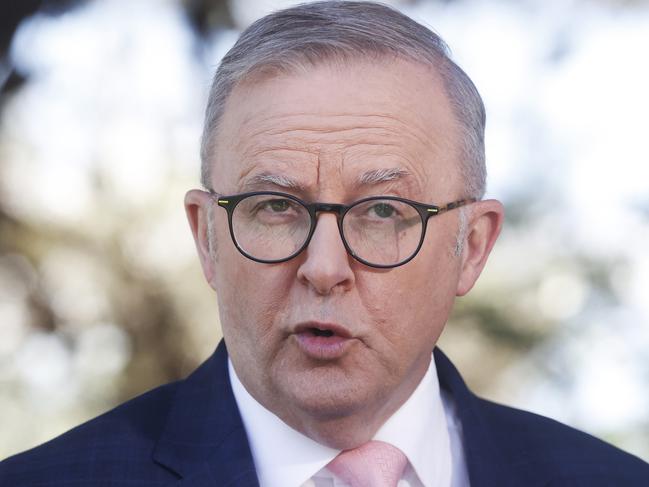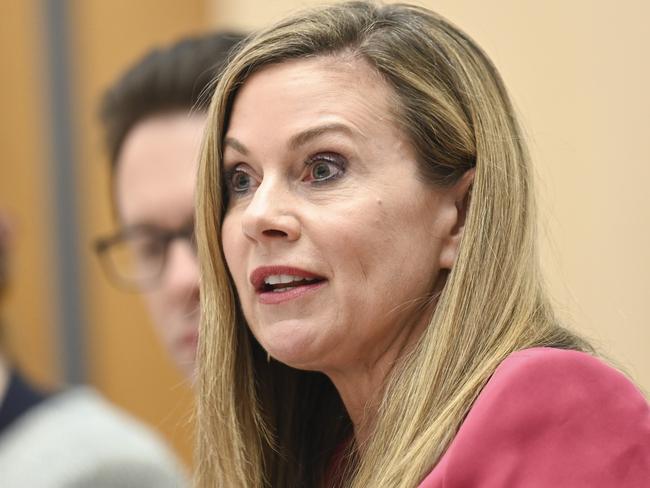Rita Panahi: Giving eSafety Commissioner Julie Inman Grant further power is a terrible idea
The push to ban under 16s from social media may be well intentioned but it risks paving the way for the federal government to introduce a digital ID – a policy that is widely distrusted and unwanted.
Rita Panahi
Don't miss out on the headlines from Rita Panahi. Followed categories will be added to My News.
The Anthony Albanese government’s dystopian misinformation bill looks dead and buried.
There’s every indication that this Orwellian piece of censorship, which would’ve had a devastating impact on free speech in Australia, will fail to pass the upper house.
Sadly, the same is unlikely to be true for the far less malignant but nevertheless ill-advised social media bill introduced in the parliament on Thursday.
The Online Safety Amendment (Social Media Minimum Age) Bill 2024 may be well intentioned but it’s also misguided and dangerous.

Put to one side the merits or otherwise of banning all under 16s, regardless of maturity level, from social media sites including Snapchat, Facebook, Instagram, X and TikTok, and consider the manner in which age verification will take place.
If these laws are to be effective then every single Australian, no matter how old, will have to submit to age verification to access the above social media platforms.
This will be a backdoor way for the federal government to introduce digital ID – a policy that is widely distrusted and unwanted.
Even more worrying is the fact that the government has included scant detail on how it will implement age verification, leaving the details for the eSafety Commissioner, Julie Inman Grant, the eKaren who has shamelessly politicised her office.
This is the woman who was offended by a breastfeeding advocate noting that men cannot breastfeed.

Anything that gives Grant further power should be opposed given her diabolic track record.
As to the need for this legislation, it must be noted there are studies that point to serious harms caused by social media use among youngsters but there are also studies and expert opinion that it has wide-ranging benefits including helping kids feel more connected.
While I believe the former is more likely to be true, that doesn’t mean there should be a blanket ban.
This is a parental decision, not a government one.
If there is to be a blanket ban, let it be during school hours with phones kept in lockers.
How utterly absurd that children as young as 10 can submit to puberty blockers in this country but will have to wait until they’re 16 to log into Instagram.



